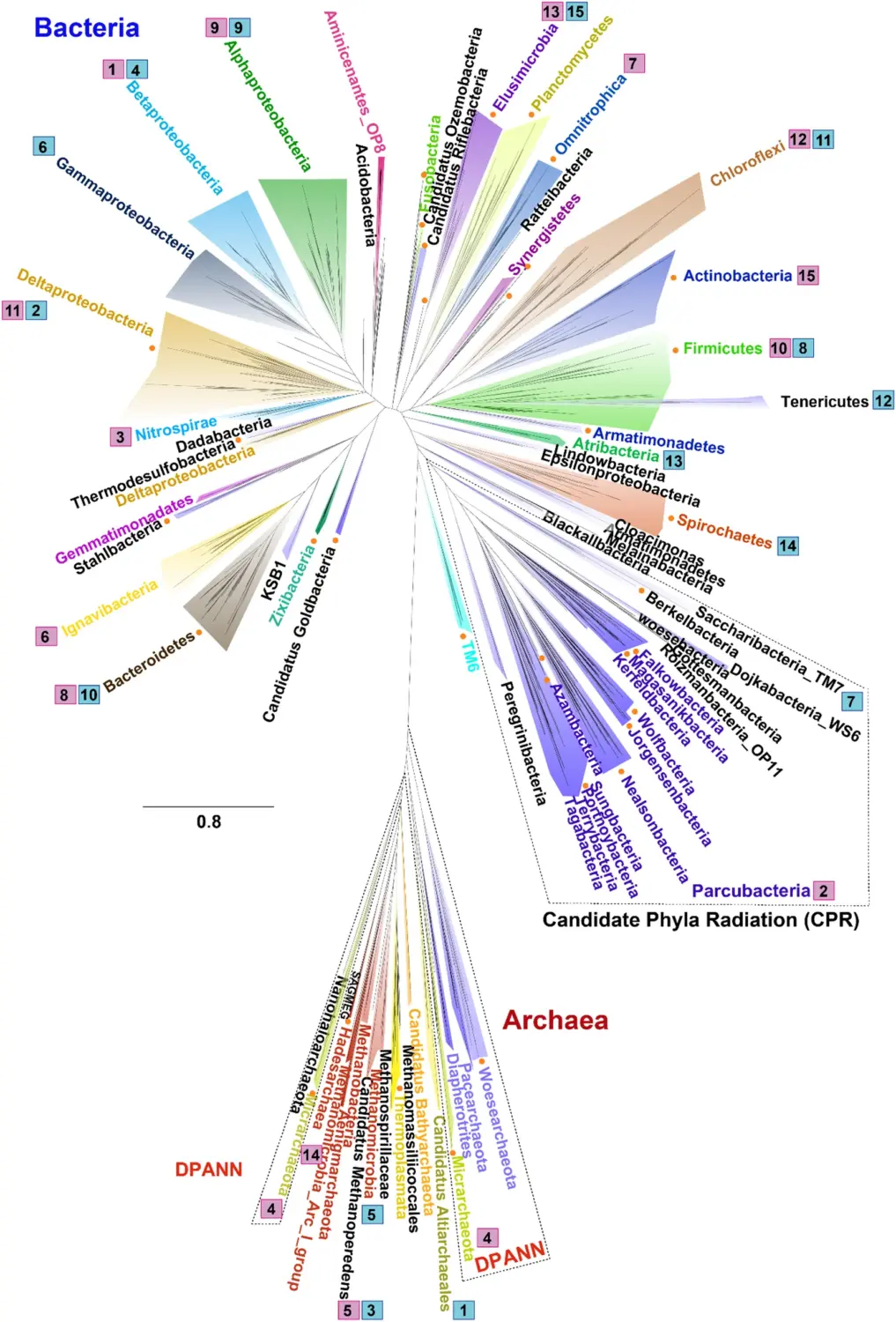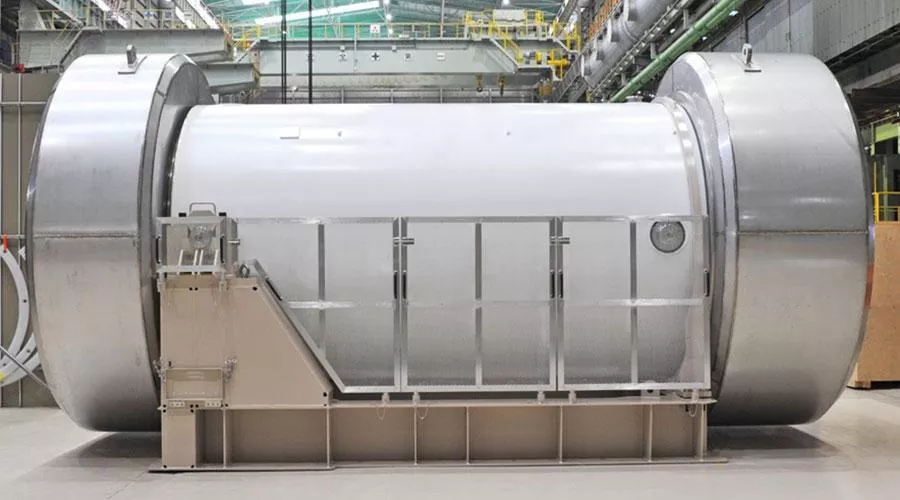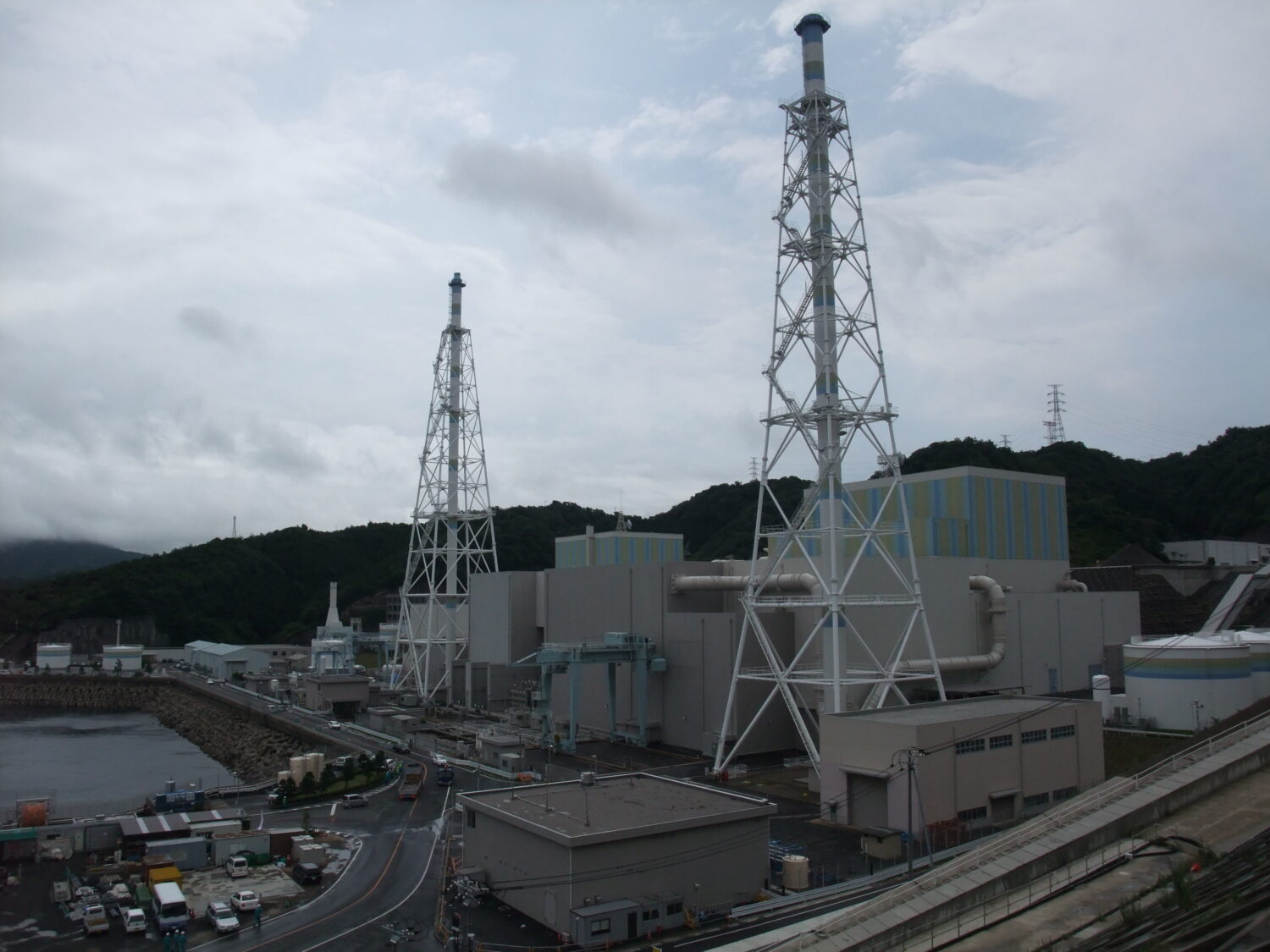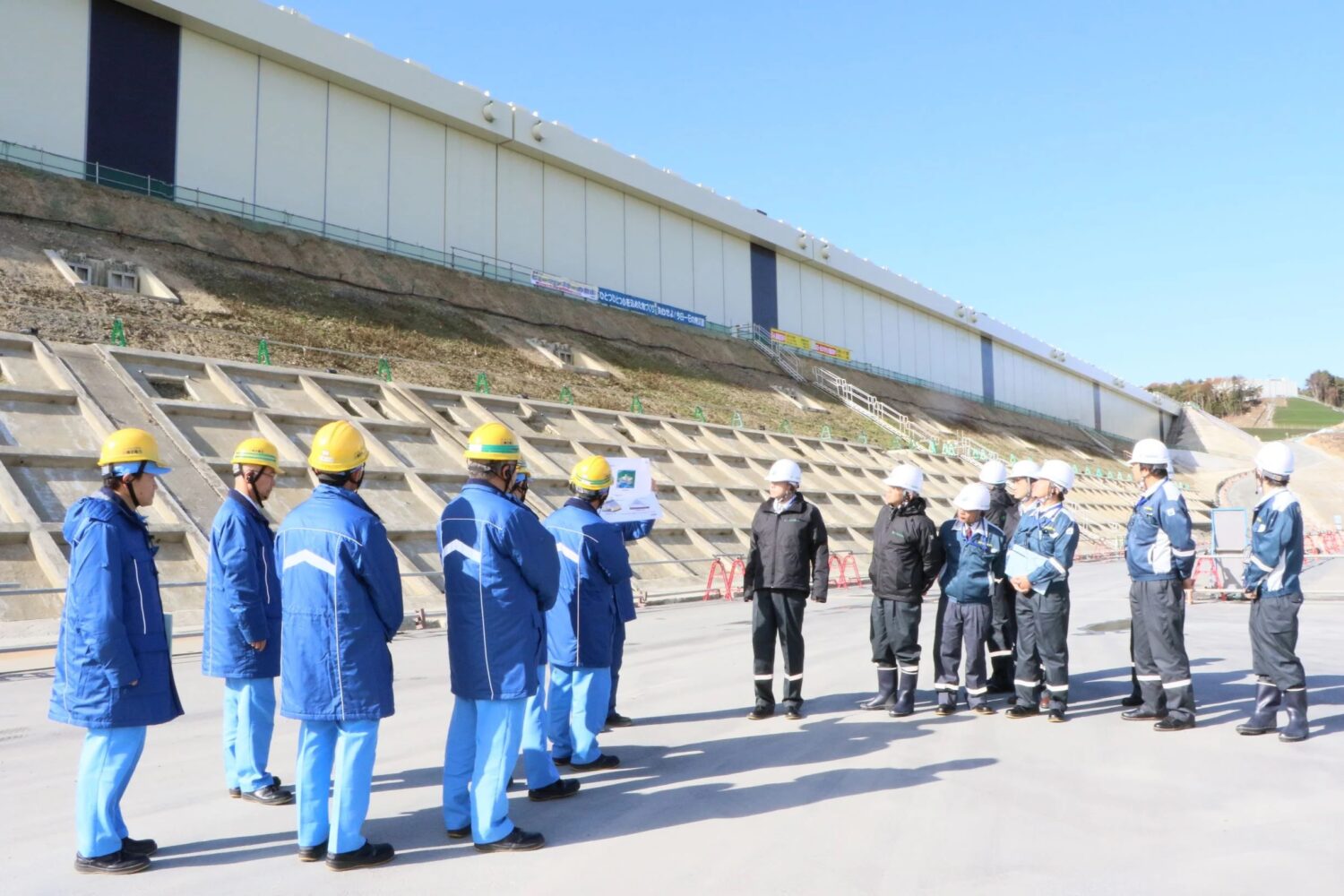Next year—in January (Unit 3) and June (Unit 4)—the two reactors will both reach 40 years of operation, which is the limit (without approved extensions) under Japan’s Act on the Regulation of Nuclear Source Material, Nuclear Fuel Material and Reactors, also known as the Reactor Regulation Act. In April 2023, Kansai EP had filed applications with the NRA for permission to extend the two reactors’ operating lifetimes to 60 years from the original 40.
In its evaluation process, the power company looked at the deterioration of facilities at both units, assessing the soundness of important safety-related equipment and structures—approximately 4,200 items of equipment at each reactor—and concluded that it found no reason not to continue operations on the basis of a 20-year extension.
Through evaluation meetings and on-site investigations, the NRA confirmed the results of both special inspections by the operator, which were required for operation beyond 40 years. At its regular meeting on May 29, then, the NRA chairman and four commissioners approved the extensions without objection.
Upon obtaining the approvals, Kansai EP released the following comment: “Aiming to enhance the safety and reliability of nuclear power plants, and obtaining understanding from the public both locally and nationally, we will utilize nuclear power as a key power source.” Currently, all seven of Kansai EP’s NPPs are in full operation.
The permissions granted to Takahama-3 and -4 for operation beyond 40 years follow those for Takahama-1 and -2 and Mihama-3—all three owned and operated by Kansai EP—as well as those for the Tokai-2 NPP, owned and operated by the Japan Atomic Power Company (JAPC), and the Sendai 1 and -2 NPPs, owned and operated by Kyushu Electric Power Co.
Also, it brings the total number of domestic NPPs approved for such operation to eight. Among them, Takahama-1 and -2 and Mihama-3 are already past the 40-year mark of their operational lives. Meanwhile, Sendai-1—the first NPP to be restarted after enforcement of Japan’s new regulatory standards—will pass the 40-year mark of its operational life in July.


-1.png)

















.jpg)
